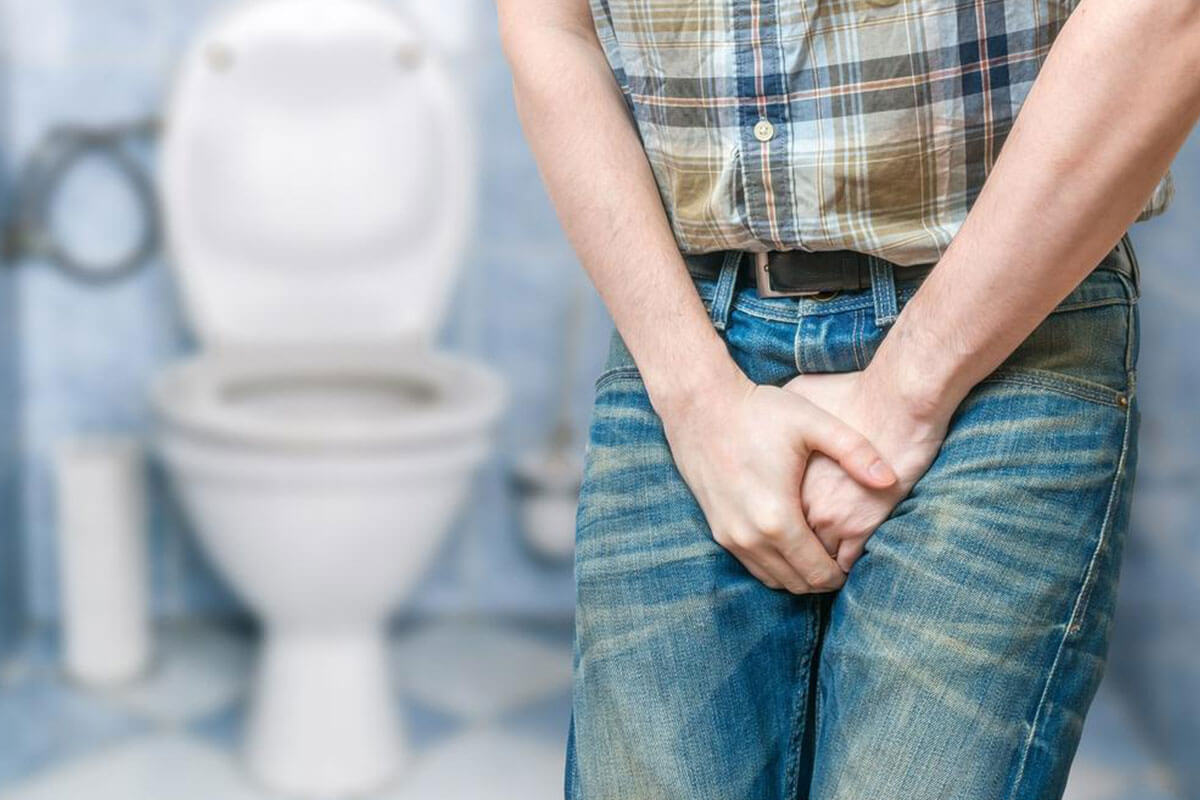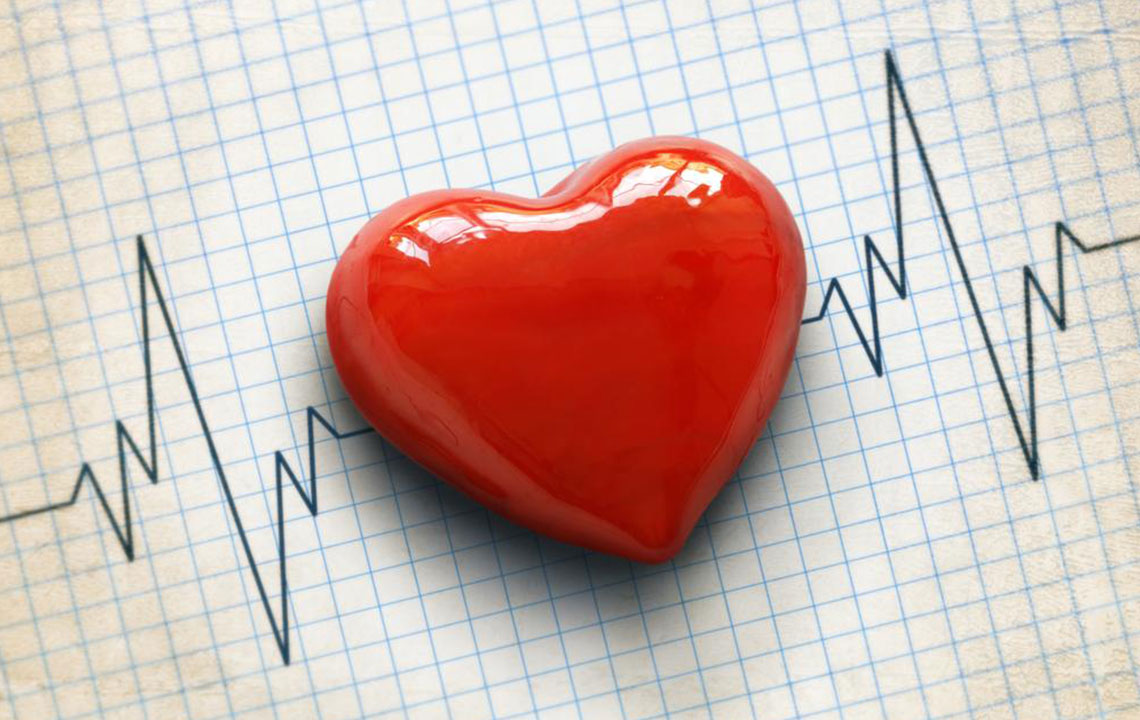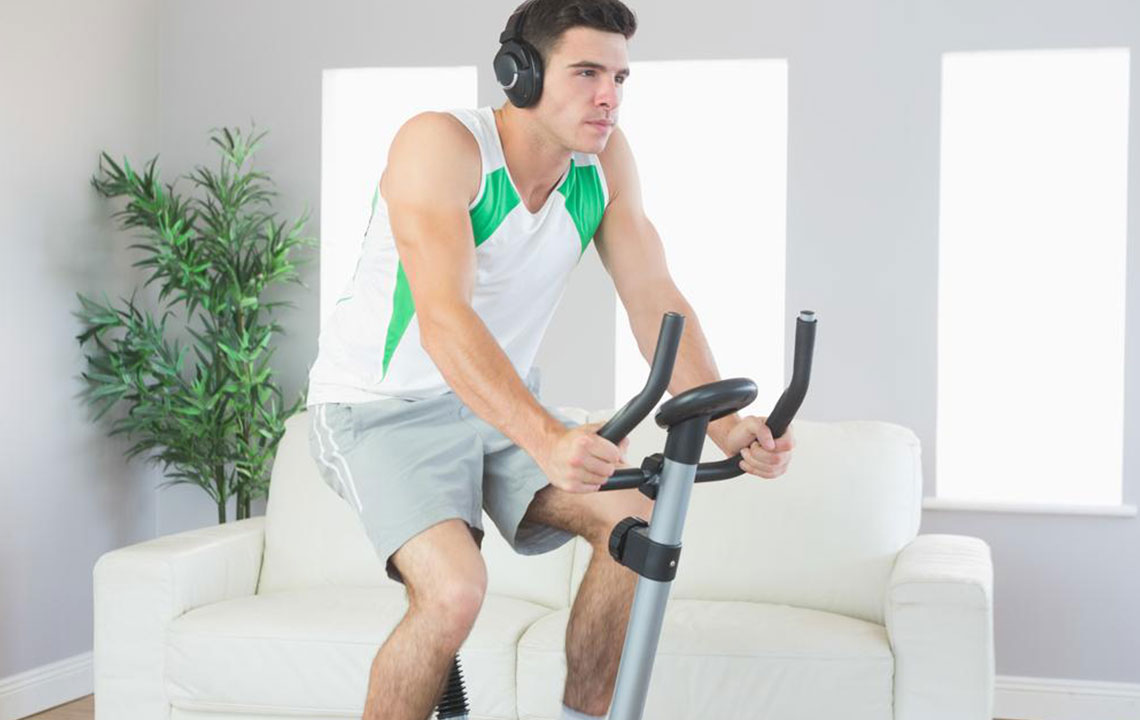Essential Dos and Don'ts to Manage Overactive Bladder Effectively
Discover effective strategies and crucial pitfalls to avoid when managing overactive bladder symptoms. Learn how bladder training, pelvic exercises, and lifestyle modifications can improve quality of life, and understand which habits may hinder your progress. Expert tips help you regain control and reduce discomfort, enabling a more comfortable daily routine.

Effective Strategies to Manage Overactive Bladder Symptoms
Dealing with overactive bladder (OAB) can significantly impact daily life. While certain approaches help alleviate symptoms, some behaviors may worsen the condition. Understanding what to avoid is key to better management. Many individuals hesitate to seek medical advice due to embarrassment, but addressing this condition is crucial for comfort and confidence, especially during trips or social outings.
OAB symptoms can severely diminish quality of life. While lifestyle changes are recommended, it's equally important to know what behaviors can exacerbate the condition. Certain habits you may currently practice could be making your symptoms worse without your awareness. Here’s what to avoid if you want to improve overactive bladder management.
Resist the Urge Immediately
People with OAB often rush to the nearest restroom at the slightest urge. However, research suggests that delaying the urge slightly can strengthen your bladder control. Practice holding your urine for a few extra minutes to retrain your bladder muscles, which can lead to better control and fewer episodes. Establish a bathroom schedule, and try to go every one or two hours—this can improve your overall bladder health.
Don't Skip Pelvic Floor Exercises
While OAB may not be completely curable, it can be effectively managed. Regular pelvic floor exercises, such as Kegels, are essential. Consistency is vital—skipping these exercises can lead to a return of symptoms. Committing to daily routines can significantly improve bladder control and reduce urgency and accidents.
Avoid Stimulating Drinks and Foods
Certain beverages, notably alcohol and caffeinated drinks, can aggravate OAB symptoms by increasing urine production and bladder irritation. Cutting back, or ideally eliminating, alcohol and caffeine can lead to noticeable improvements. Reducing coffee intake to one cup a day may help your condition. Consider eliminating these entirely for a period to assess their impact and decide if moderation or abstinence suits you best.
Consult Your Doctor About Medication
Some medications, including diuretics, NSAIDs, estrogen pills, allergy medicines, and antidepressants, may worsen OAB symptoms. Never stop your medication without consulting your healthcare provider. Discuss alternatives or dosage adjustments that could minimize their impact on your bladder health.
Note:
Our blog offers a wide range of practical health information based on thorough research. However, the content should not replace professional medical advice. Always consult your healthcare provider for diagnosis and treatment options suited to your specific needs. We are not responsible for inaccuracies or differences in data across other sources. Keep in mind that some offers or schemes may offer additional benefits beyond what is covered here.










